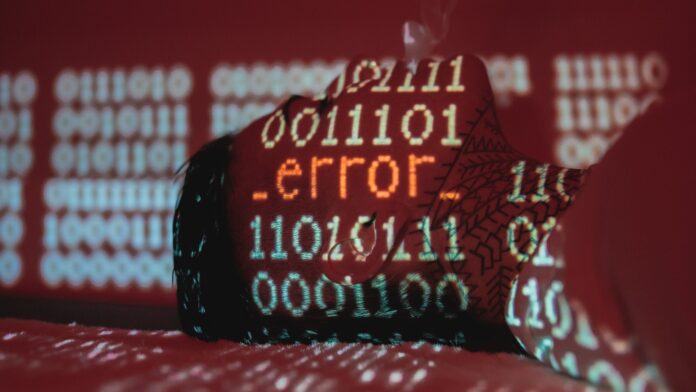#Include Errors Detected. Please Update Your IncludePath.
There’s nothing more frustrating than getting hung up on “#include errors detected. Please update your includePath” when you’re knee-deep in a coding project. It’s like hitting a brick wall at full speed, and it can really slow down your progress. But don’t worry, I’ve got your back! We can tackle this annoying error together.
The “#include errors detected” message is often seen by developers who are working with C/C++ languages. It typically pops up when the compiler cannot locate necessary header files to execute your code successfully. In simpler terms, it implies that there’s something wrong with the paths you’ve directed your compiler to look for these files.
Let me tell you one thing: You’re not alone if this error has left you scratching your head in confusion! It’s a common stumbling block for programmers of all levels, from novices just getting their feet wet to seasoned veterans who’ve been in the trenches for years. By shedding light on why this happens and how to fix it, I aim to help clear up any foggy understanding surrounding this topic.

Understanding the ‘#include Errors Detected. Please Update Your Includepath.’ Message
Peering into the depths of coding can sometimes feel like unravelling a mystery. Let’s take a closer look at one such enigma: The “#include errors detected. Please update your includepath.” message.
I’m sure many of you have encountered this cryptic message while working with C or C++ programs. It’s often a source of frustration, but understanding what it means is the first step towards resolving it.
Essentially, this error message comes up when the compiler cannot find certain included files in your code. These could be standard library headers like <iostream> or <stdio.h>, or other headers that you’ve created for your project.
There are several reasons why this might happen:
- You may have misspelled the name of an included file.
- Your IDE/compiler may not know where to look for these files.
- The specified include path may not contain all necessary directories.
If you’re running into this problem, here’s what to do:
- First, double-check your spelling and syntax.
- Make sure that all necessary directories are listed in your include path.
- If you’re using an IDE (like Visual Studio Code), ensure that its configuration settings correctly point to where these header files reside on your system.
Understanding this error message doesn’t just solve a temporary roadblock—it also gives us deeper insight into how compilers and include paths work together in building our applications!


